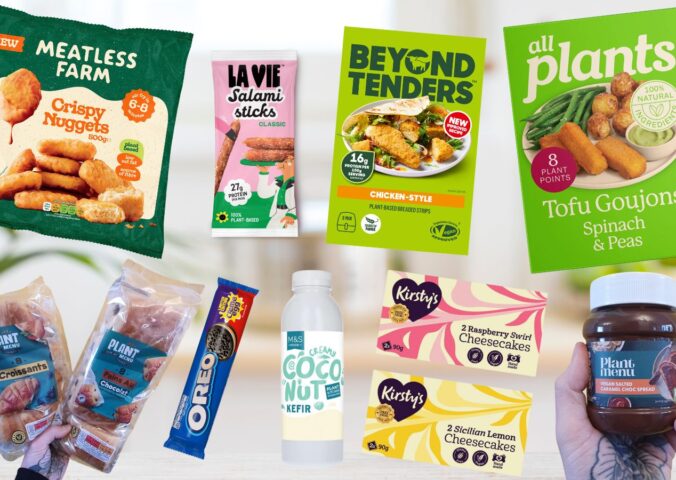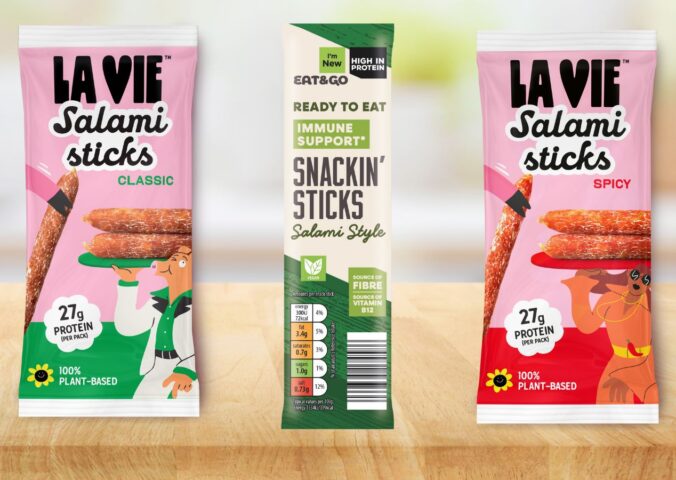The World Health Organization (WHO) just published a call for experts to help develop new dietary guidelines for an optimal ratio of plant-based and animal-based foods.
Read more: EU Making Animal Diets ‘Artificially Cheap’ With Subsidies, Report Finds
In the call-out for dietary experts, the international organization notes the “critical role” diet plays in shaping the health and well-being of both individuals and entire populations.
The WHO adds that although animal-based foods like meat and dairy are a good source of nutrients such as protein, an increasing body of research also links them to an increased risk of noncommunicable diseases (NCDs) like heart disease.
Conversely, the WHO claims that while plant-based foods appear to decrease the risk of NCDs, avoiding animal foods entirely may increase the chance of nutrient deficiencies. (Note: experts agree that a well-planned plant-based diet is more than nutritionally adequate.)
“The optimal intake of animal source foods in the context of plant food alternatives is a key feature of healthy diets that needs to be explored via innovative, evidence-informed approaches,” writes the WHO, describing how global guidance is “much needed.”
Read more: World’s First Year-Long Breach of 1.5C Limit: What Does It Mean?
WHO Director-General: Eating more plant-based foods is ‘essential’

In December of last year, WHO Director-General Dr Tedros Adhanom Ghebreyesus said that a shift towards more plant-based diets is “essential” for both human and planetary health.
Speaking via video at COP28, the most recent UN Climate Summit, Ghebreyesus also highlighted that almost a third of global diseases and 30 percent of global greenhouse gas emissions stem from food production, and most of these are from animal agriculture.
The German Nutrition Society (DGE) recently published its updated nutrition guidelines, which suggest at least 75 percent plant-based foods for a healthy lifestyle.
In 2023, Denmark became the first country in the world to publish a plan to make its food system more plant-based, and Switzerland’s climate strategy also highlights the need to reduce meat consumption for a more sustainable food system.
Read more: Mediterranean Diet Vs Plant-Based: Which Is Best?
The WHO needs experts to design its dietary guidelines
The WHO has published detailed specifications for potential applicants, ideally including an advanced degree and a portfolio of published scientific work.
Applicants should also be able to demonstrate expertise in nutrition, food safety risk assessment, and/or epidemiology, as well as experience in evidence review and risk-benefit assessment methodologies.
Applicants must submit their interest by April 28, 2024. The WHO predicts the project will take from two to three years from inception to completed recommendations.






